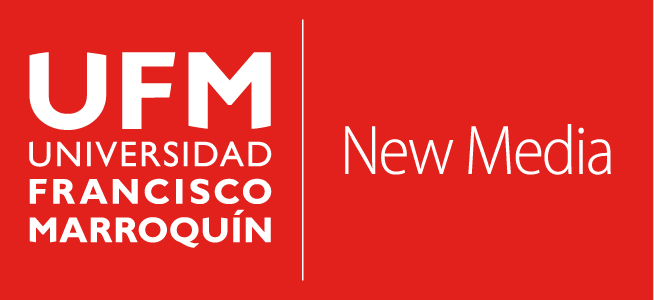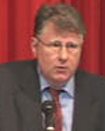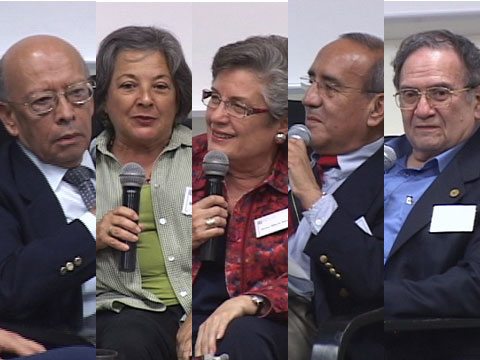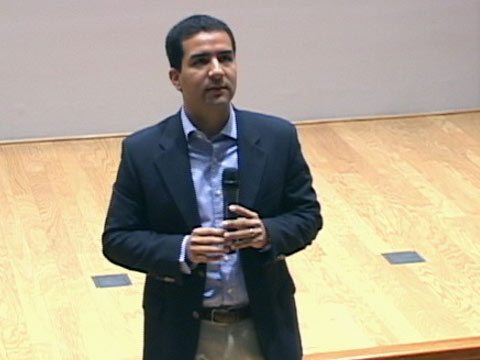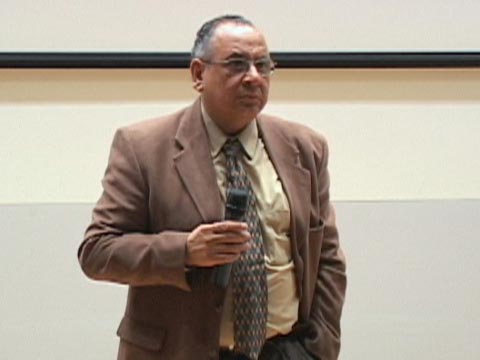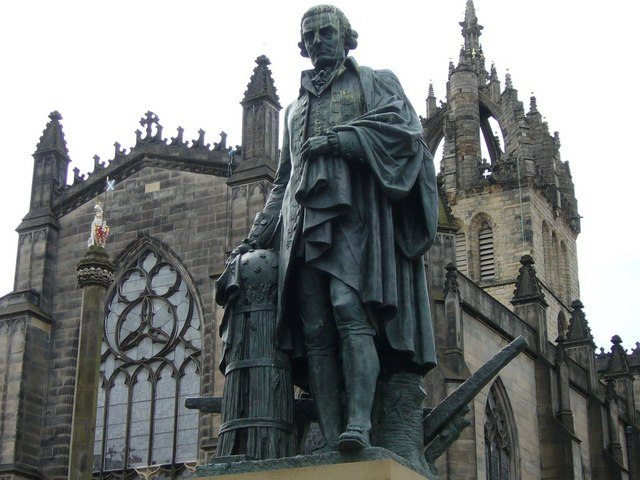About this videoThe common European currency, known as the Euro, emerged in 1990. However, the process that took place in order for this currency to be created was long and complex. Antony Mueller explains the process that Europe had to go through in order to successfully adopt a common currency: From the Bretton Woods system to the European conclusion in which the idea of a common currency was reached on a regional scale instead of a worldwide scale. He also illustrates the fact that, in order to achieve an economic integration, there must be political willingness, a single market, discipline in monetary and fiscal policies, and reliability in the economic policy. Mueller also describes the Mundell model of economic integration which explains that there must be a great amount of will, readiness and ability to have a free movement of labor in order to achieve an optimum currency area. Finally, he talks about the European experience regarding its economic integration. |
|
CreditsCurrency Arrangements in Europe: Are there Lessons for Latin America?
| |
